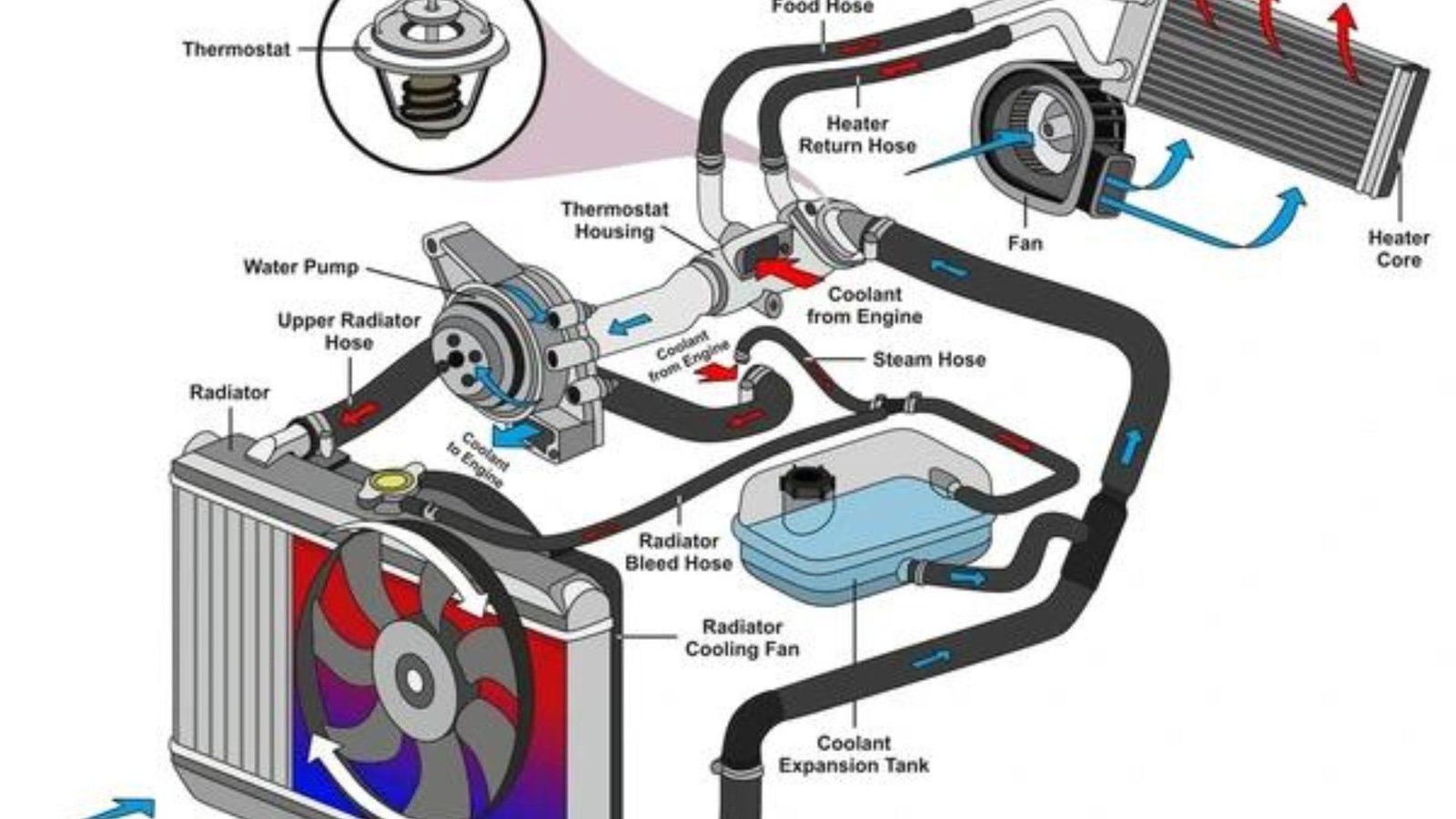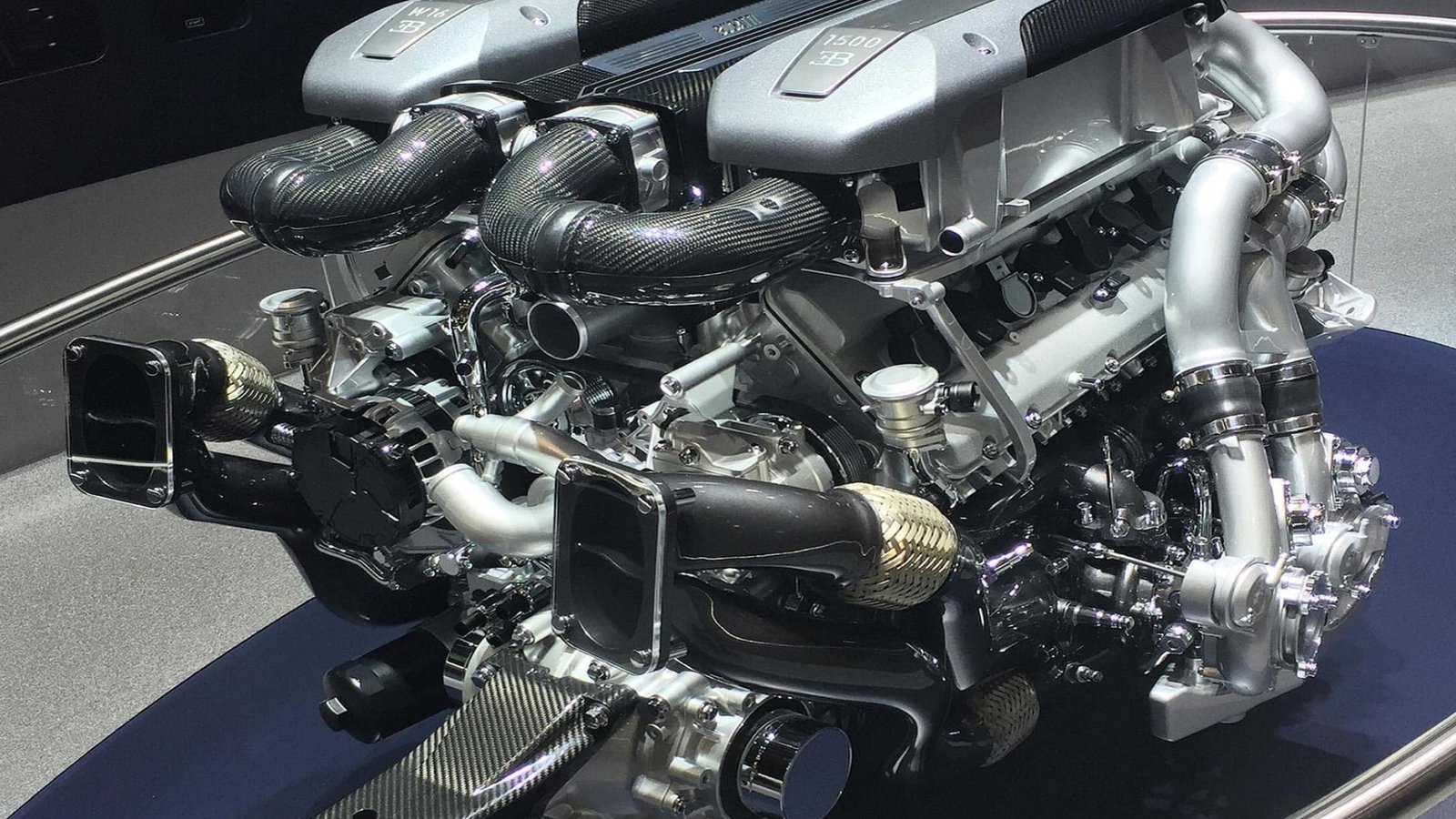Engine oil plays a pivotal role in maintaining and enhancing vehicle performance. It is essential for lubrication, cooling, and protecting engine components, directly impacting the overall health and efficiency of your engine. Here’s a detailed look at how engine oil influences performance and why regular maintenance is crucial.

1. Lubrication: Reducing Friction and Wear
1.1 How Lubrication Works
Overview: Engine oil provides a critical layer of lubrication between moving parts in the engine. This reduces friction and wear, which can cause damage and decrease engine efficiency.
Key Points:
- Reducing Friction: Engine oil forms a film between engine components, preventing metal-to-metal contact.
- Minimizing Wear: Proper lubrication helps reduce the wear and tear on engine parts, extending their lifespan.
Benefits:
- Smooth Operation: Engines run more smoothly with less friction.
- Extended Component Life: Reduces the likelihood of premature component failure.
Consequences of Poor Lubrication:
- Increased Wear: Accelerated wear can lead to engine damage and reduced performance.
- Overheating: Lack of lubrication can cause overheating and potential engine failure.
2. Cooling: Regulating Engine Temperature
2.1 Engine Oil as a Cooling Agent
Overview: Engine oil helps regulate engine temperature by dissipating heat away from critical components.
How It Works:
- Heat Absorption: Oil absorbs heat generated by engine operation.
- Heat Transfer: Transports heat to the oil pan, where it can be cooled by air or an oil cooler.
Benefits:
- Prevents Overheating: Helps maintain optimal engine temperature.
- Improves Efficiency: Efficient heat management contributes to better engine performance.
Consequences of Poor Cooling:
- Engine Overheating: Can lead to damage and reduced performance.
- Increased Risk of Failure: Excessive heat can cause components to warp or seize.
3. Cleaning: Removing Contaminants
3.1 Engine Oil’s Cleaning Function
Overview: Engine oil helps keep the engine clean by carrying away contaminants and preventing sludge buildup.
How It Works:
- Suspending Debris: Oil suspends dirt, metal particles, and other contaminants.
- Removing Deposits: Oil filters remove these particles from the oil before it circulates through the engine.
Benefits:
- Prevents Sludge Formation: Reduces the risk of sludge buildup that can obstruct engine parts.
- Improves Performance: Keeps the engine clean, enhancing performance and efficiency.
Consequences of Poor Cleaning:
- Sludge Buildup: Can lead to engine clogs and decreased efficiency.
- Increased Wear: Contaminants can cause increased wear and potential damage to engine parts.
4. Protecting: Preventing Corrosion and Rust
4.1 Engine Oil’s Protective Properties
Overview: Engine oil contains additives that help protect engine components from corrosion and rust.
How It Works:
- Corrosion Protection: Additives in the oil form a protective layer on metal surfaces.
- Rust Prevention: Helps prevent rust from forming on engine components exposed to moisture and air.
Benefits:
- Longevity: Protects engine parts, contributing to longer engine life.
- Reliability: Ensures that engine components remain in good condition over time.
Consequences of Poor Protection:
- Corrosion Damage: Can lead to rust and damage on engine components.
- Reduced Reliability: Increased risk of engine failure due to corrosion.
5. Choosing the Right Engine Oil
5.1 Types of Engine Oil
Overview: Selecting the appropriate engine oil is crucial for optimal performance. Different types of oil offer various benefits depending on your vehicle and driving conditions.
Types:
- Conventional Oil: Standard oil suitable for most vehicles with regular driving conditions.
- Synthetic Oil: Engineered to provide superior performance, protection, and longevity.
- Blend Oil: A combination of conventional and synthetic oils, offering a balance of performance and cost.
Factors to Consider:
- Viscosity: Choose oil with the correct viscosity rating for your engine, as specified in your vehicle’s owner’s manual.
- Climate: Consider the climate and driving conditions, as some oils perform better in extreme temperatures.
Benefits of Choosing the Right Oil:
- Optimized Performance: Ensures your engine operates at its best.
- Enhanced Protection: Provides better protection against wear, overheating, and contaminants.
6. Regular Maintenance: Importance of Oil Changes
6.1 Why Regular Oil Changes Matter
Overview: Regular oil changes are essential for maintaining engine health and performance. Over time, oil breaks down and becomes less effective at lubrication, cooling, and cleaning.
Key Points:
- Oil Degradation: Engine oil degrades due to heat, contaminants, and normal usage.
- Filter Replacement: Oil filters also need to be replaced to ensure effective contaminant removal.
Benefits of Regular Changes:
- Prevents Damage: Reduces the risk of engine wear and failure.
- Maintains Performance: Keeps the engine running smoothly and efficiently.
Consequences of Neglecting Oil Changes:
- Decreased Efficiency: Reduced performance and fuel economy.
- Increased Risk of Damage: Greater likelihood of engine damage and breakdowns.
Conclusion
Engine oil is vital for the smooth operation and longevity of your vehicle’s engine. It provides essential lubrication, cooling, cleaning, and protection, directly impacting performance and reliability. By choosing the right type of oil, adhering to recommended maintenance schedules, and addressing any oil-related issues promptly, you can ensure your engine remains in optimal condition and delivers consistent performance. Regular oil changes and proper care are key to maximizing the life and efficiency of your engine, helping you avoid costly repairs and enjoy a smoother driving experience.




